Voices of the River
Watershed Interviews
|
NEW ESRI StoryMaps: What's On Our Shelves & NWNL Song Library & No Water No Life ESRI |
Watershed Interviews
Scientists – Stewards – Stakeholders
Full Interviews
Splashes
An Archive of Voices and Viewpoints
NWNL has recorded 1,000 interviews and lectures. About half were taped and are already transcribed. Those transcribed interviews that have been edited are online and listed below. During our NWNL watershed expeditions (2007-2019), we met, listened to and taped 1,000 “Voices of the River” – interviewees and lecturers on critical watershed issues. [Yes, the final count was exactly 1,000!] Using our NWNL Editing Guidelines, NWNL continues to edit and post these transcribed interviews and lectures, enhanced with NWNL expedition photos. Do keep returning to this page as we are adding additions weekly to this NWNL “Voices of the River” Archive.
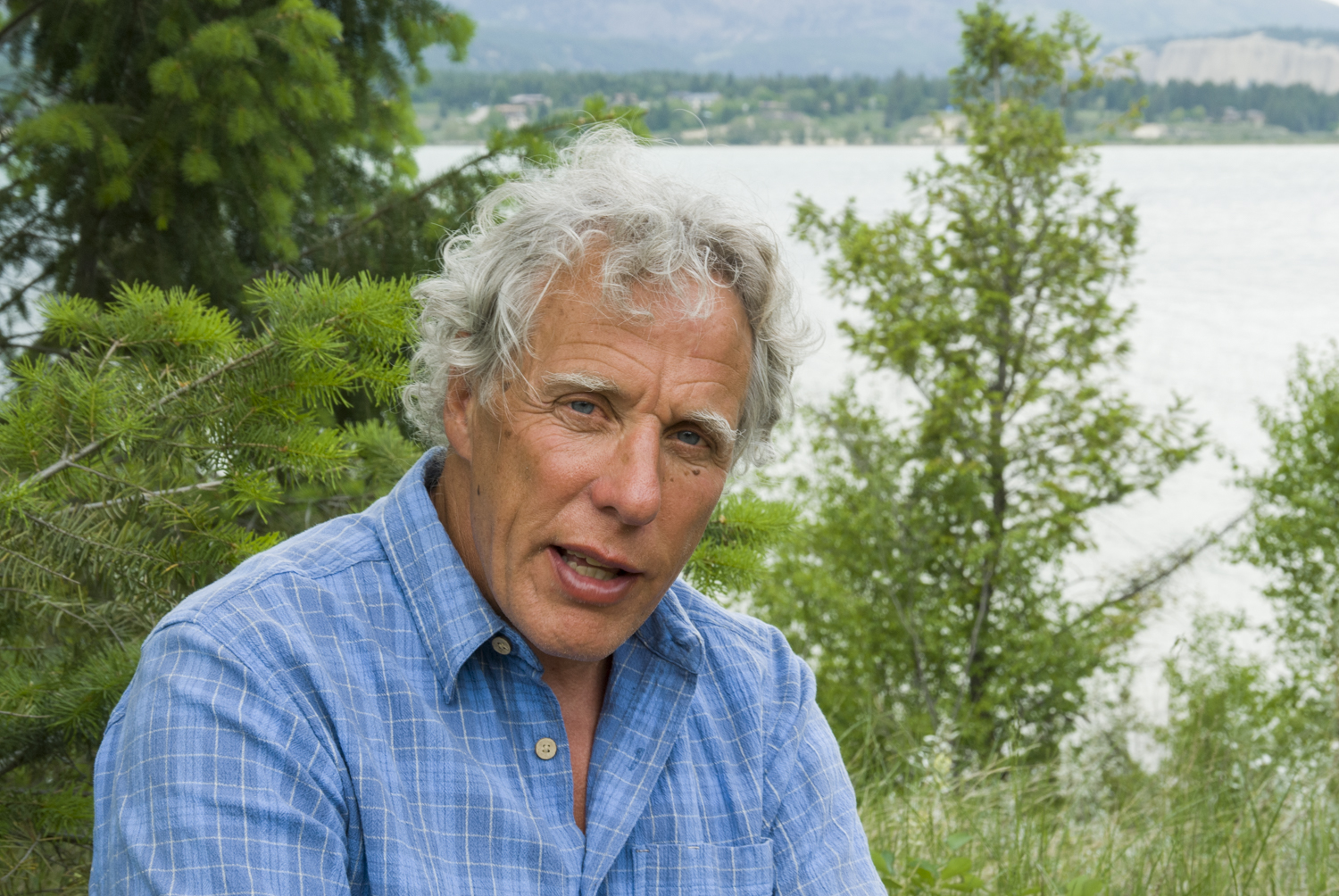
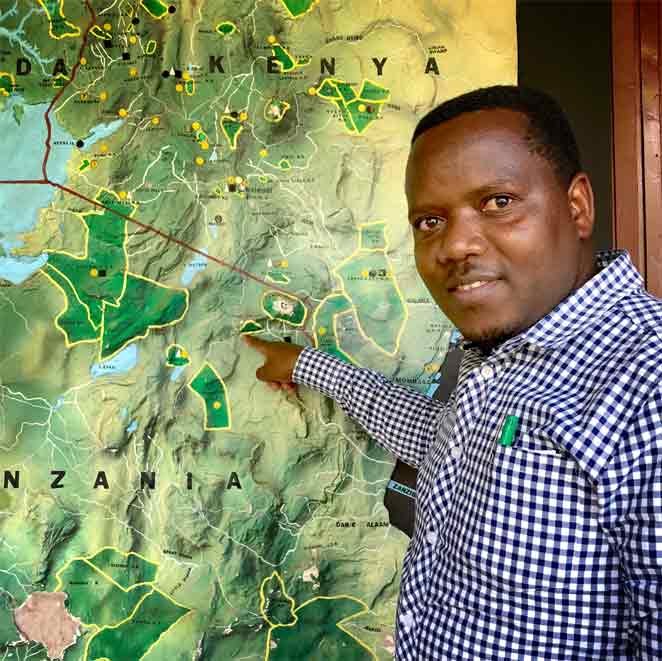
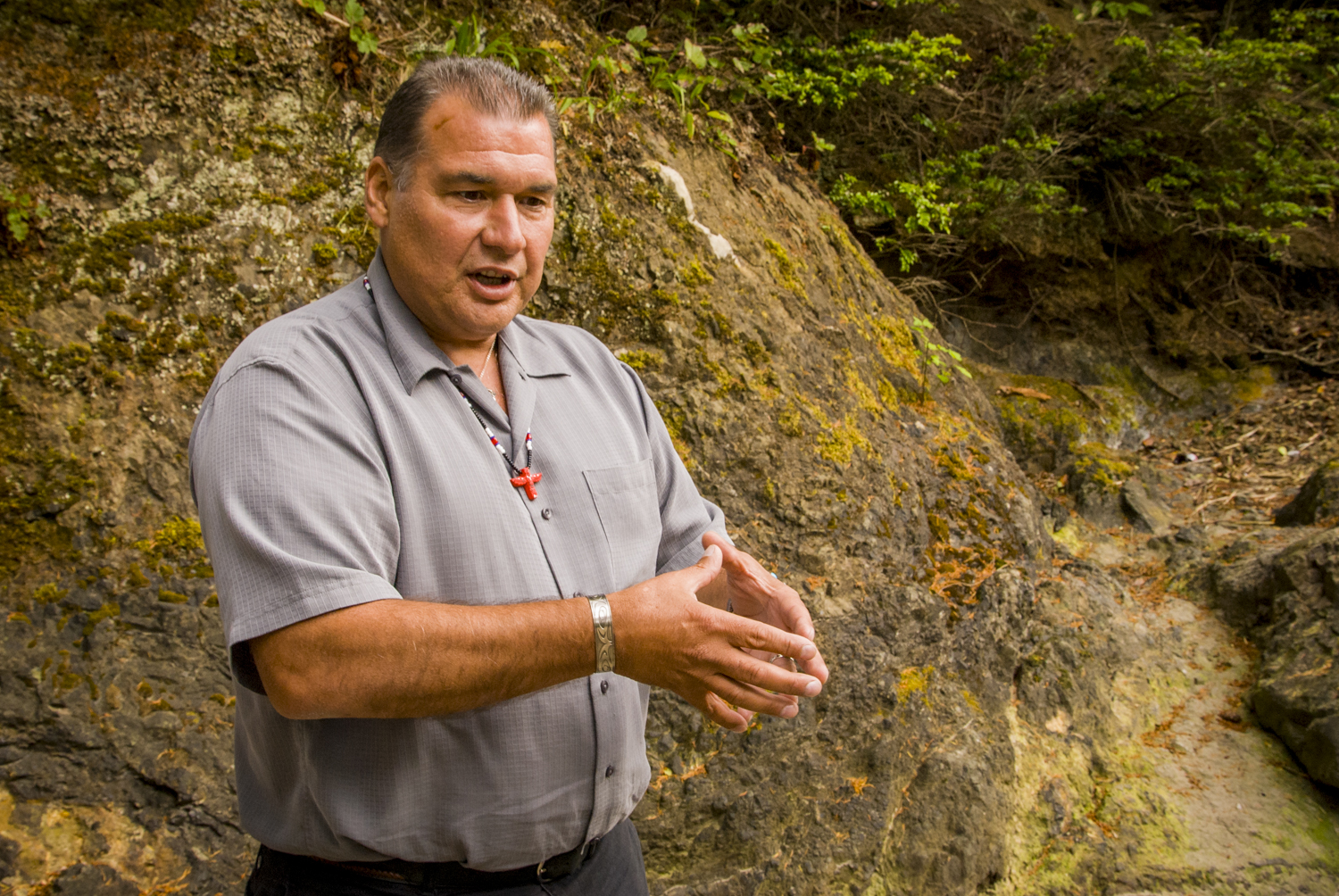
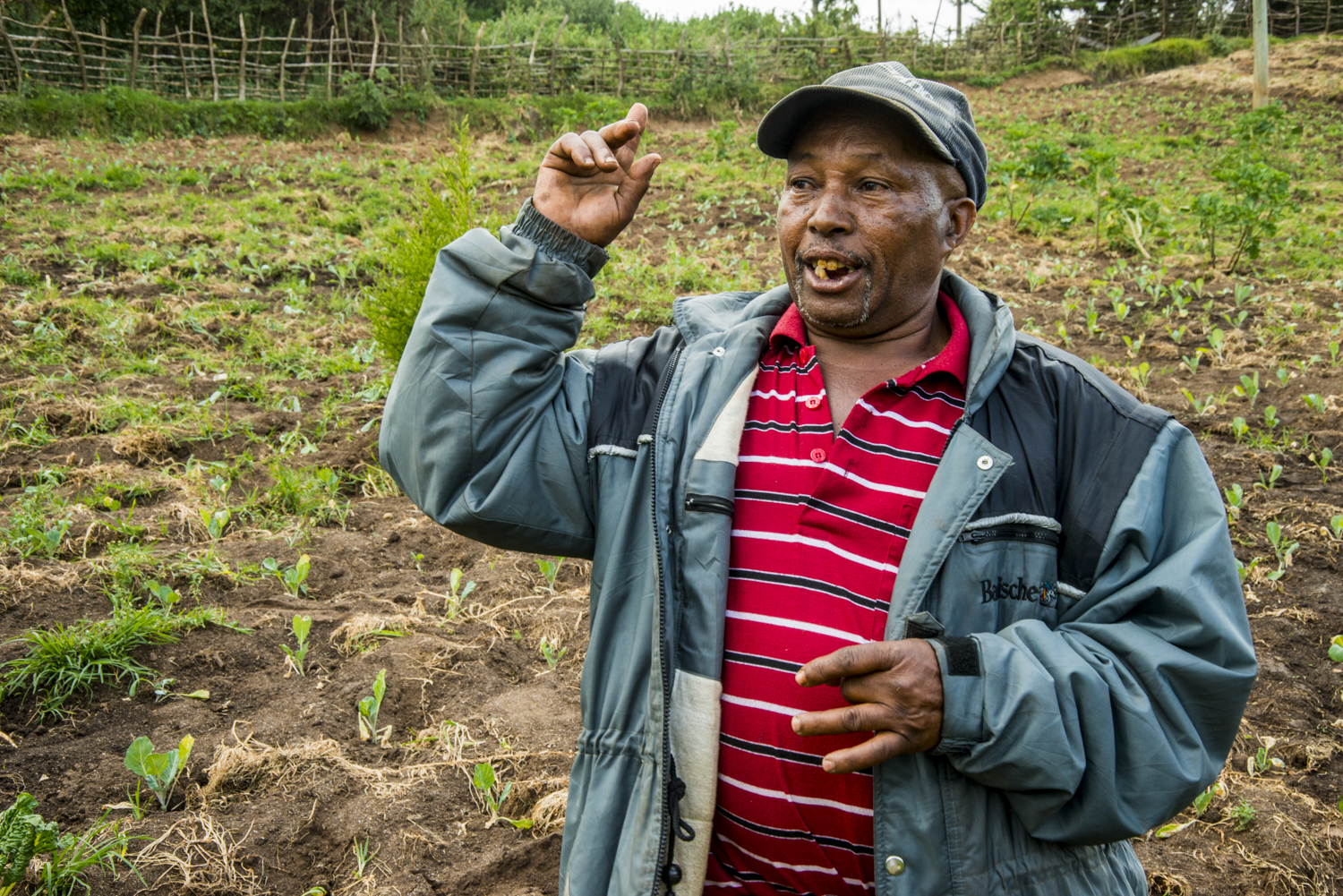
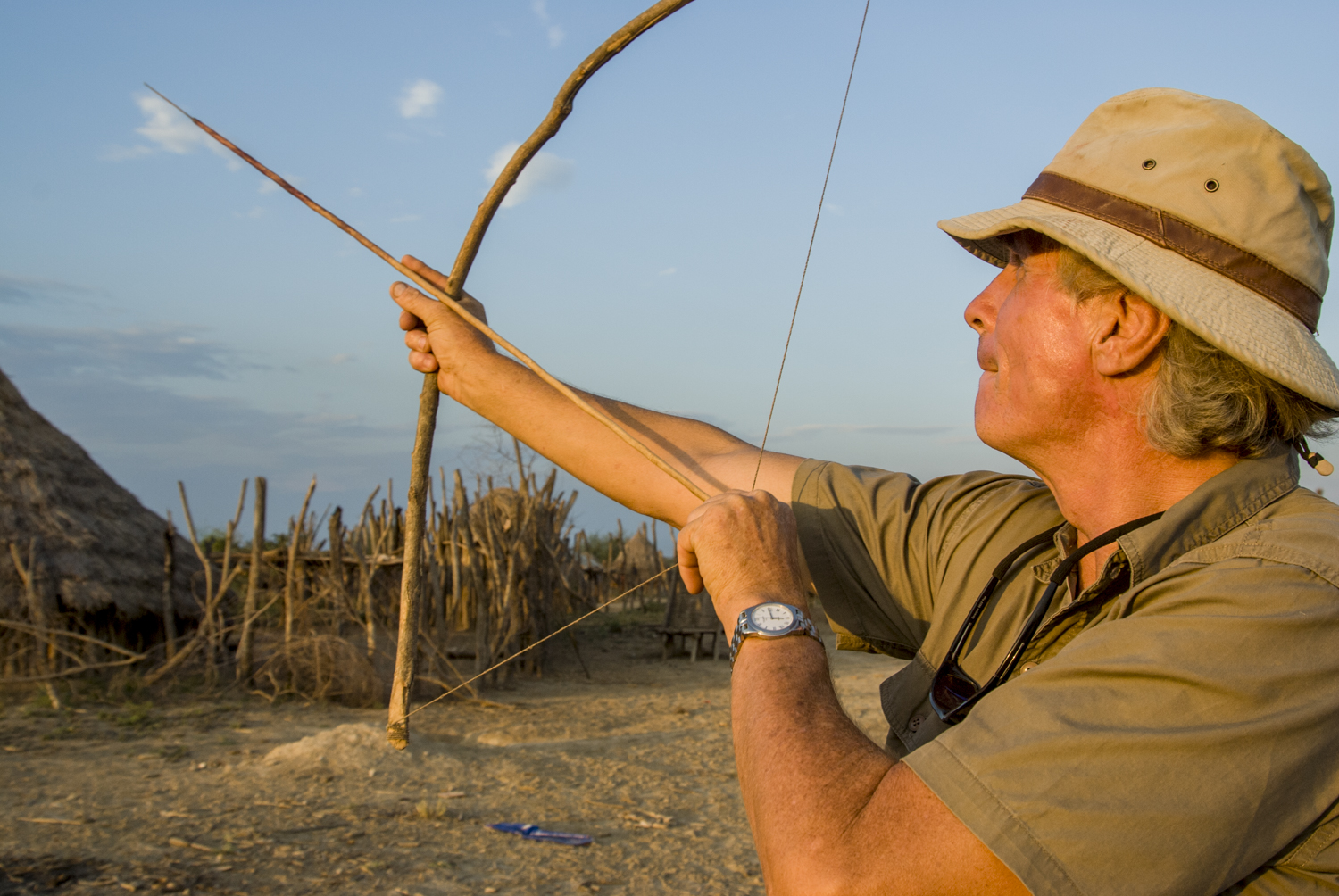
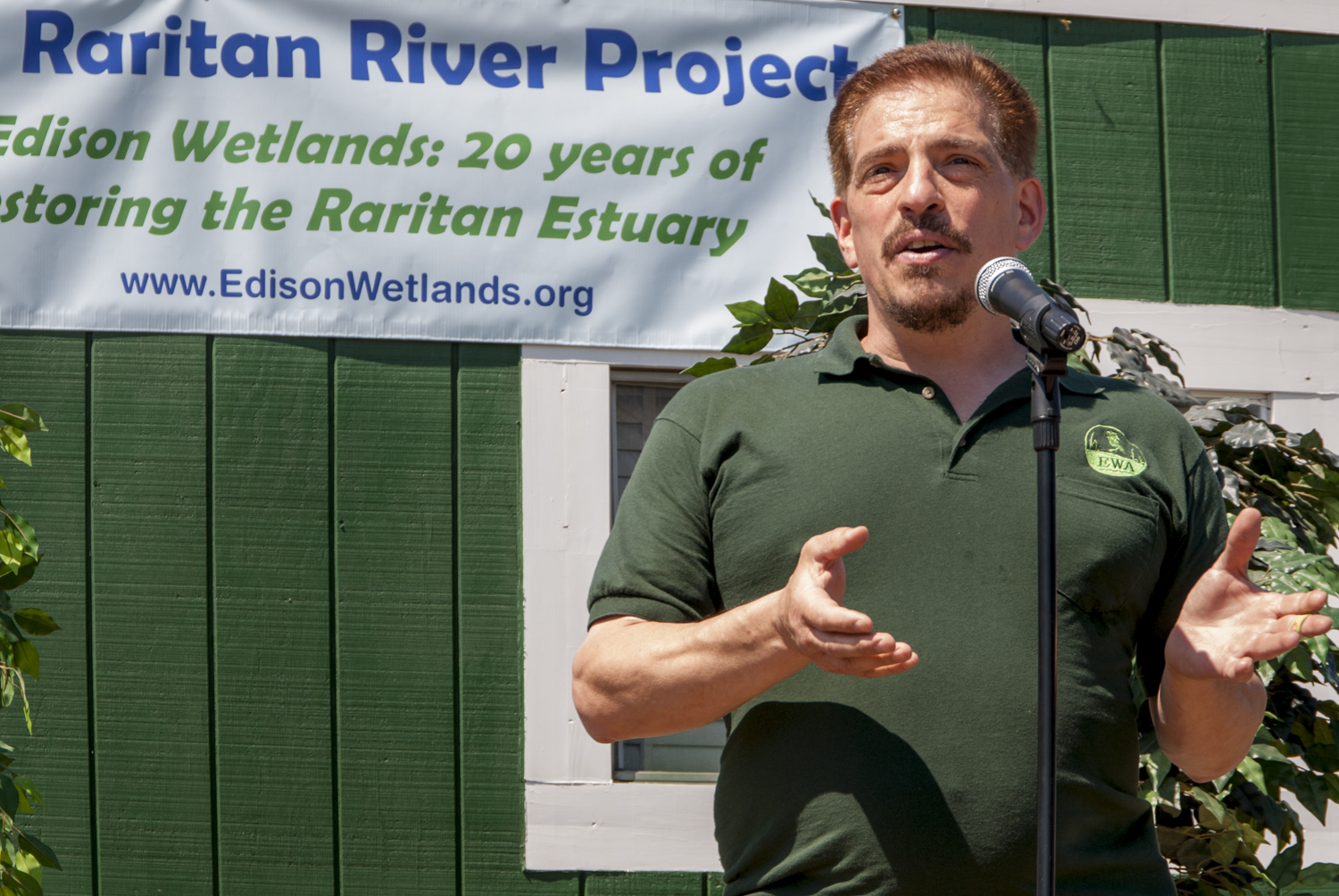
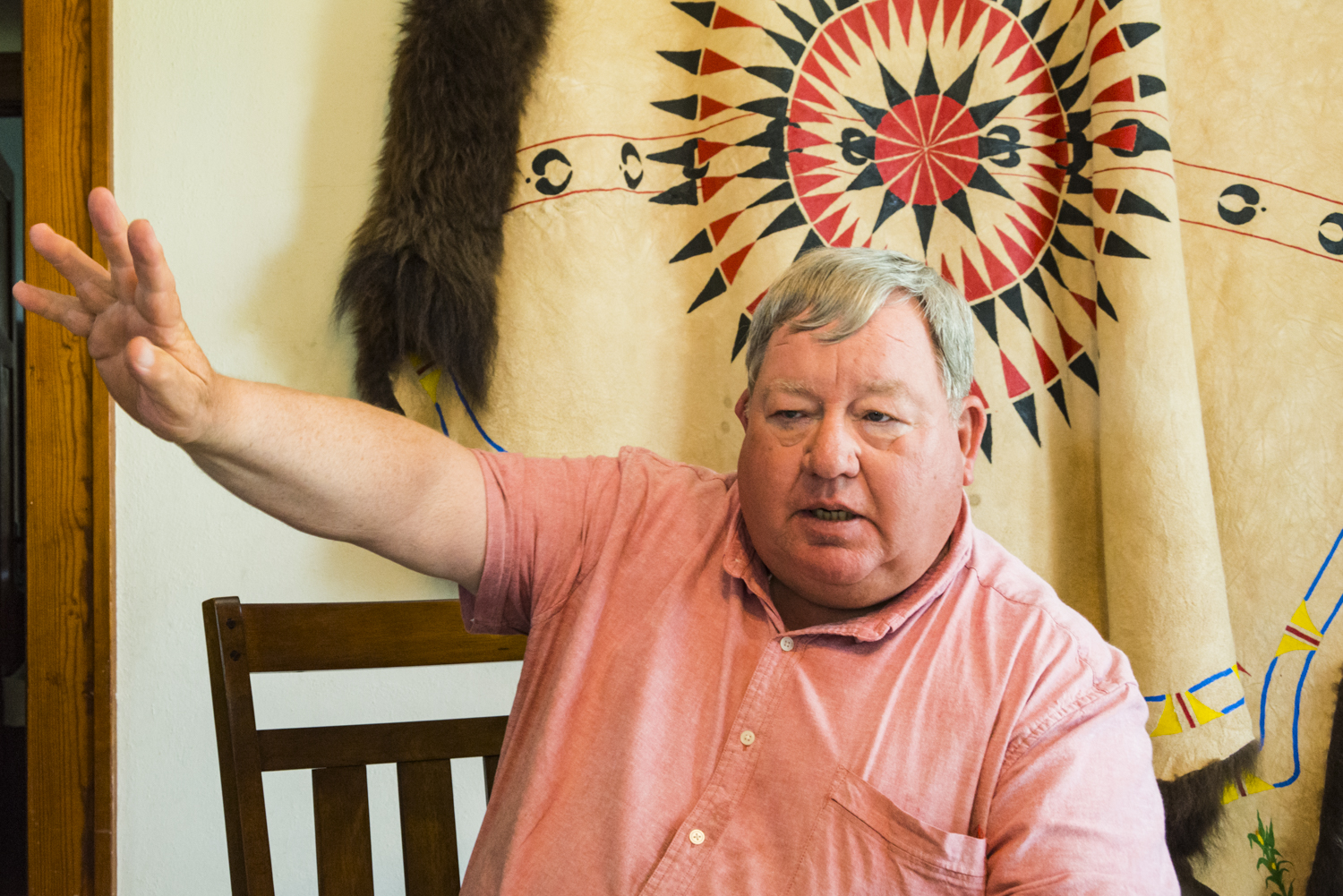
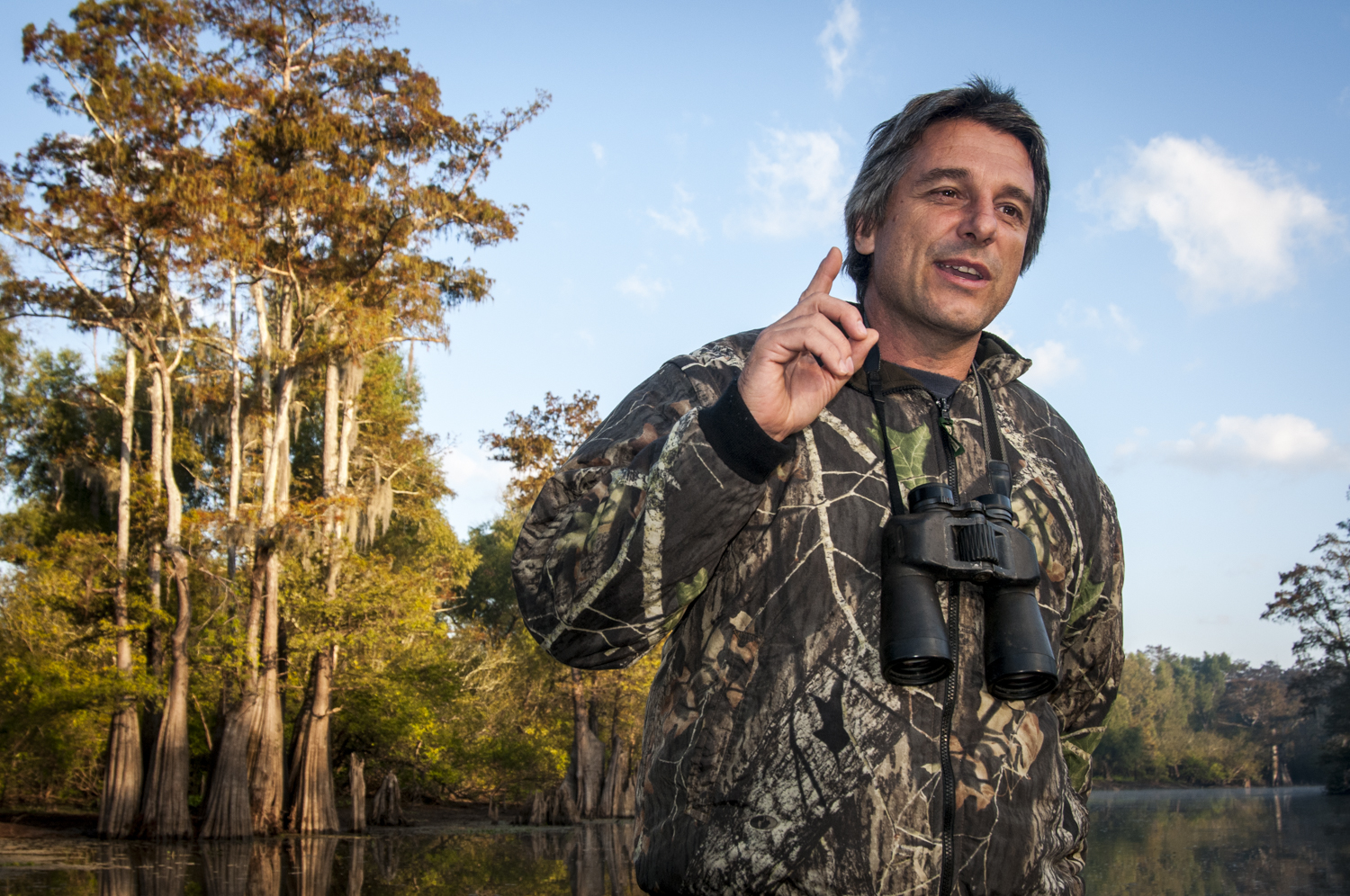
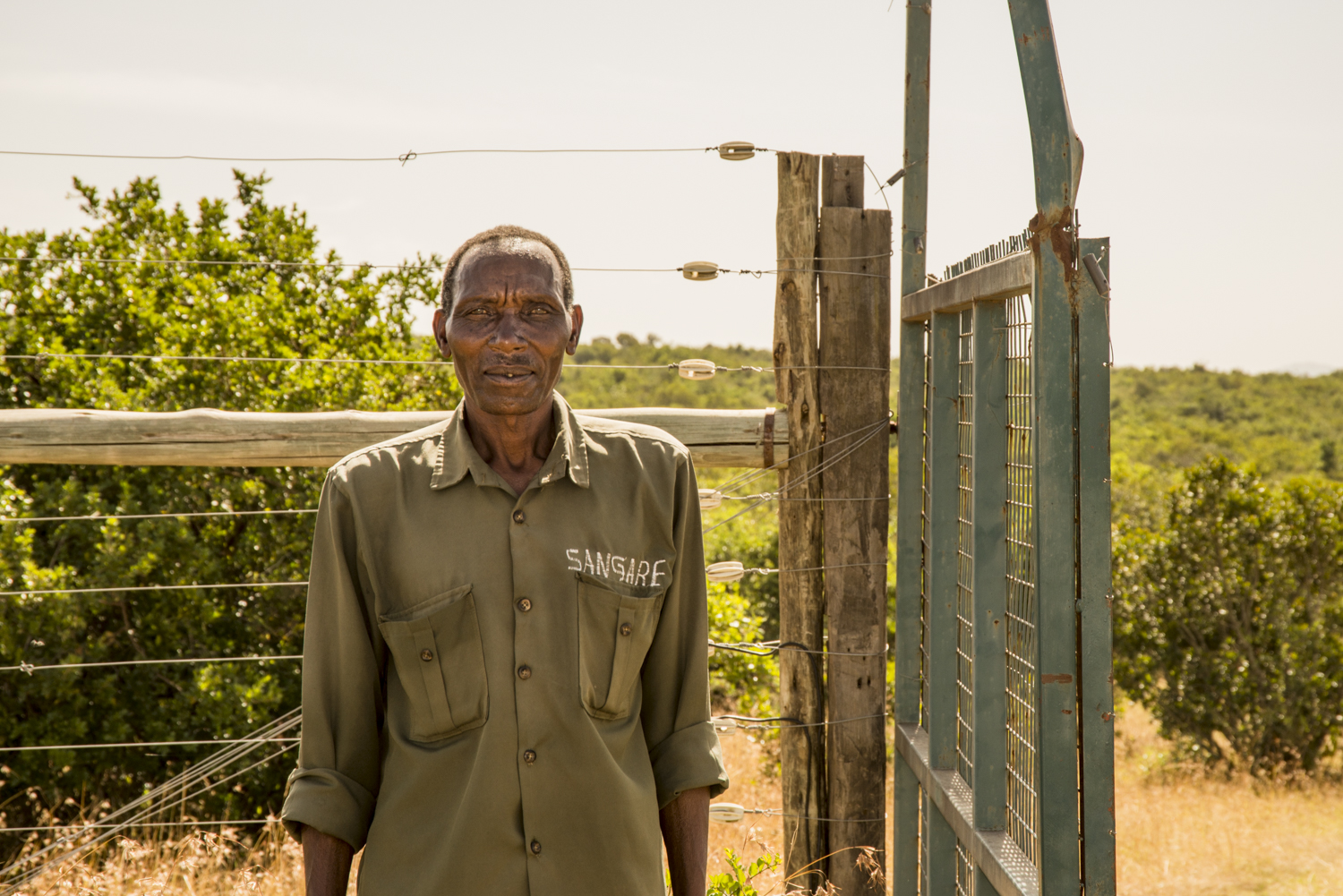
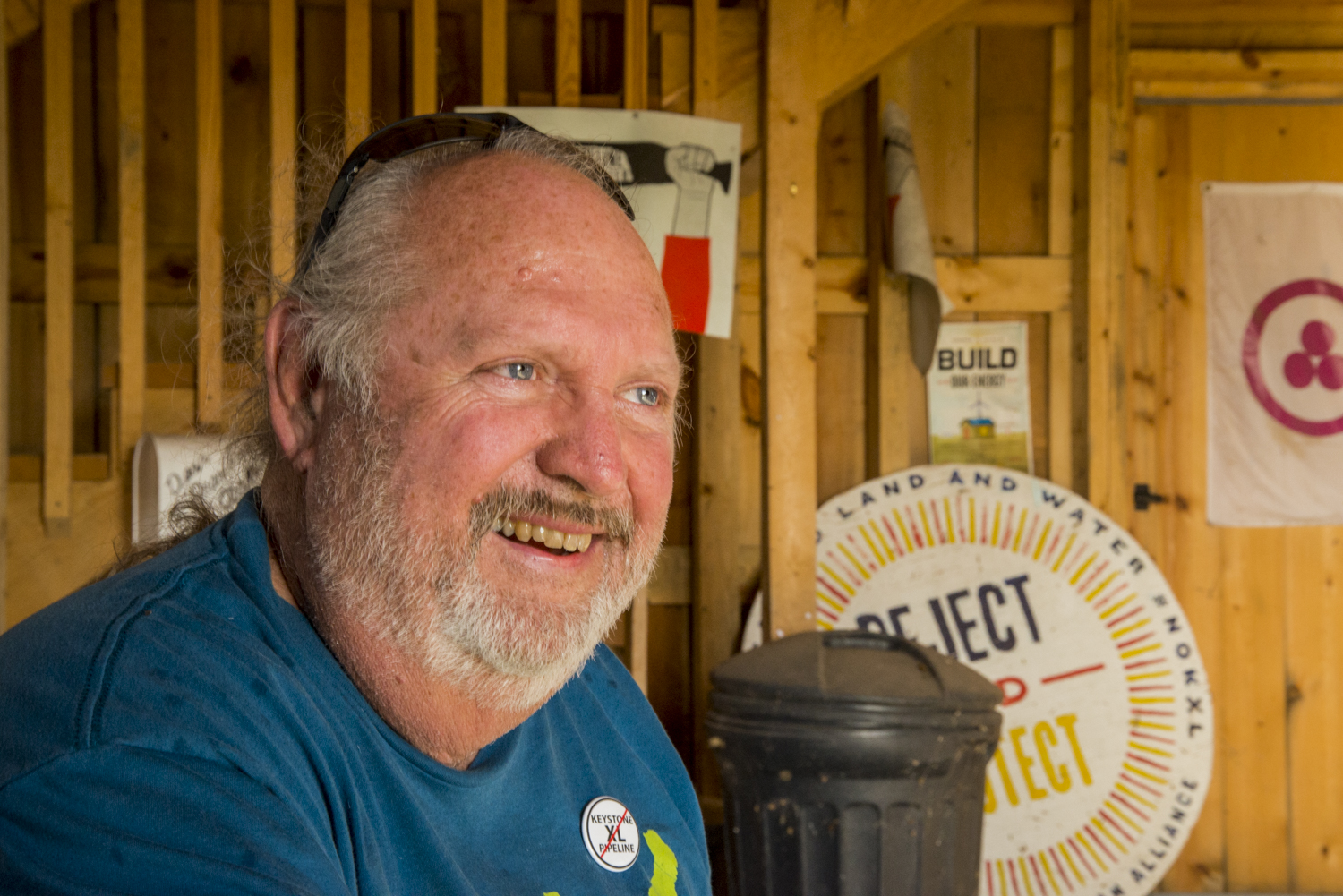
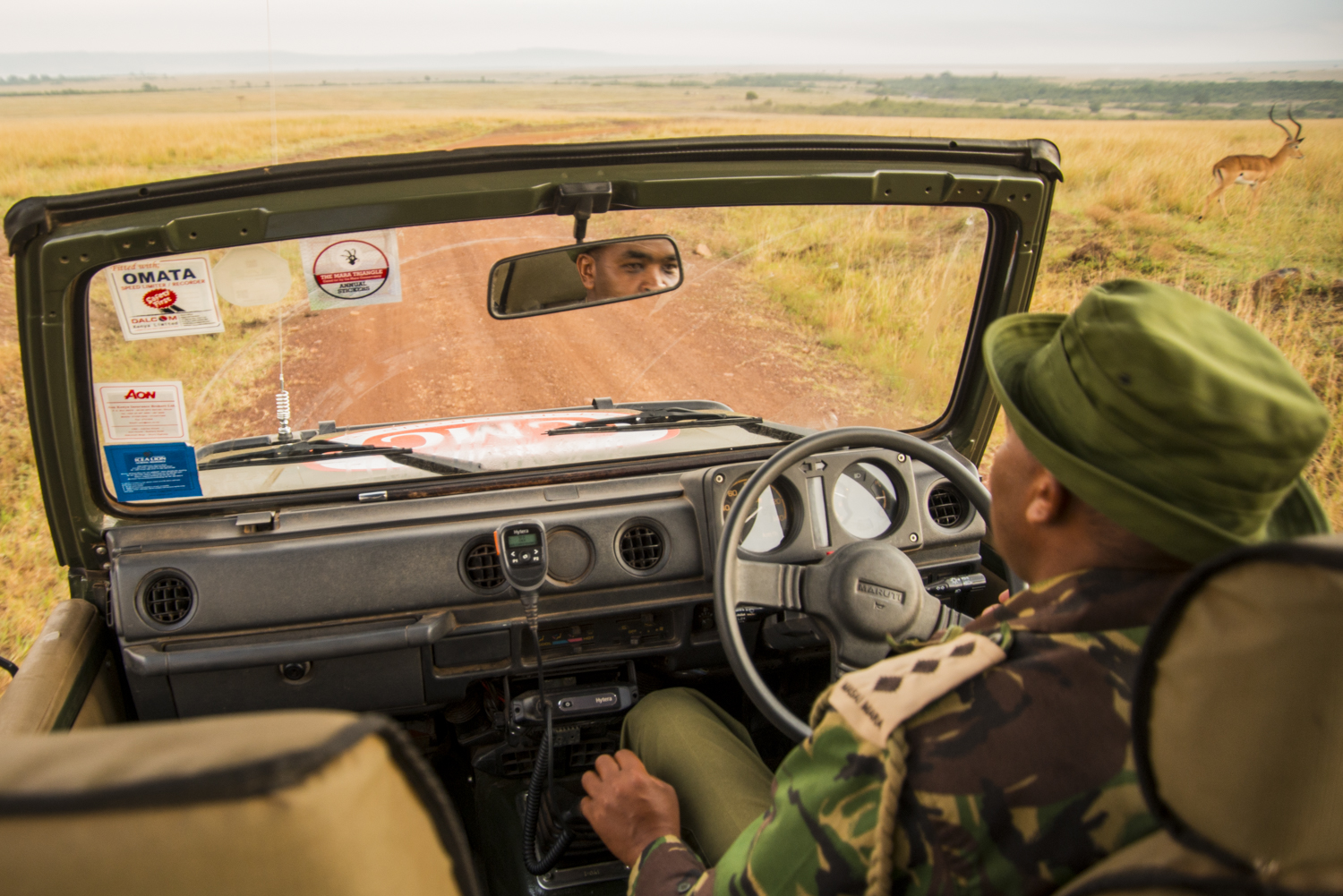
These are listed by watershed in chronological order.
John Ruskey A Mississippi River Guide, 2008
Dr. Bryan Piazza Atchafalaya Basin, 2011
Paul Kemp Mississippi Flyway & Delta, 2011
Pat Landry Life on Grand Isle, LA, 2011
Jim Fruge Gaspergou, Etouffée and Fais Do-Do, 2011
Madeleine Cenac The Creole Culture, 2011
Larry Esteche & Adam Guidry BP Oil Spill Impacts, 2011
Morgan Turner TVA in Mississippi, 2013
Daryl Smith Reconstructing Prairies, 2013
TVA Representatives Coal Fly Ash Spill, 2013
John Ruskey A Paddler’s Perspective, 2014
Paul Kemp Saving New Orleans, 2014
Amanda Moore A Delta Restoration, 2014
Jamie Dardar Isle de Jean Charles, 2014
Brice Krohn Central Platte River Basin, 2017
Andrew Caven Regal Fritillaries/Platte River Prairies, 2017
Bruce Switzer Sandhills Farming in Nebraska, 2017
Sarah Sortum Sandhills Species in Nebraska, 2017
Aaron & Jennifer Troester Farmers Against KXL, 2017
Jeanne Crumly, Sharyn Troester, Jennifer Troester Women Against KXL Pipeline, 2017
Barrett Troester What’s Wrong with the KXL, 2017
Art and Helen Tanderup Farmers, Cowboys & Indians: No KXL!, 2017
Jeanne Crumley A Bold Community’s Ethics, 2017
Rachel Kohlman KXL Issues for Local Police, 2017
Tom and Cathie Genung At KXL Fighters’ Energy Barn, 2017
Karen Baker Port of Natchez, 2019
Richard Hess Mississippi Floods: Past, Present, Future, 2019
Randy Tillman A Helicopter Pilot’s Viewpoint, 2019
Jamie Dardar Hurricane Ida Hits Isle de Jean Charles, 2021
Bill Duncan and Carol Vanelli Worosz Teck Cominco on the Columbia, 2007
Brent Foster The Columbia Riverkeeper, 2007
Cheryl Johnson Messing and Ted Messing LNG Threatens the Columbia Estuary, 2007
Condit Dam Stewards White Salmon River, 2007
Concerned Neighbors on Puget Island LNG Proposal – Neighbors Concerns, 2007
Dan Audet Addressing Columbia River Contaminants, 2007
Dan Etra Envisioning a “Salmon Nation”, 2007
Gerry Pollet A Hanford Nuclear Site Watchdog, 2007
Greg Strom A Tribal Fish Hatchery, 2007
Jim Fisher Gillnetting or LNG Terminal?, 2007
John Bergenske Conservation in Canada, 2007
Kindy Gosal Canada’s Columbia Basin Trust, 2007
Kootenay Stewards Cranbrook Stewardship, 2007
Mike Parsley Protecting White Sturgeon, 2007
Paula Burgess and Sasha Twelker Putting Salmon on the Map, 2007
Polly Birge/Alexa Pengelly A Green Portland, 2007
Ray Gardner Chinook Creation Story & Current Values, 2007
Ray Gardner Chinook Chief on Columbia River Threats, 2007
Robert Sanford/Shawn Marshall Glacial Melt & Climate Change, 2007
Valemount Residents Valemount Residents Discuss Mica Dam, 2007
William D. Layman The Whole River Through Time, 2007
Pat Field Saving Mountain Caribou, 2008
Walter Volovsek Castlegar’s Columbia River Story, 2008
John MacCoulum On Making a Chinook Canoe, 2011
Gary Braasch Climate Change Impacts, 2011
Bryan Jones Farming & Dams, 2014
Linwood Laughy Snake River Dams, 2014
Pat Schweiger Snake River/Hells Canyon, 2014
Cindy Busche A Watershed Center in Boise, 2014
Bill Schultz The Raritan Riverkeeper, 2009
Cindy Ehrenclou Upstream-Downstream Differences, 2009
Dr. Judith Shaw Creating a Watershed Web, 2009
Ken Klipstein Protecting NJ’s Water Supply, 2009
Margaret O’Gorman Wildlife & Water Conservation, 2009
Robert Spiegel & Ron Loeffler Boat Tour of Lower Raritan River, 2009
Robert Spiegel & David Wheeler A Green Rabbit and Superfund Sites, 2009
Heather Fenyk New Jersey’s Lower Raritan, 2019
Cindy Ehrenclou A Confluence of Upstream Stewardship, 2019
Semu Moges Moges Blue Nile Watershed Challenges, 2008
Dereje Tesfahune Malaria, Mosquitos, Water, 2008
Fikre Assefa Sanitation in Ethiopia, 2008
Semu Moges Moges Transboundary Issues on the Nile, 2008
Negash Amensho A Professor on Water Management, 2008
Halewijn Scheuerman Cradle of Humankind, 2007
Thomas Mattanovich European in Ethiopia, 2007
Dereje Tesfahune Malaria, Mosquitos, Water, 2008
Abebe Sine and Semu Moges Moges Gibe Dam in the Omo, 2008
Fikre Assefa Sanitation in Ethiopia, 2008
Negash Amensho A Professor on Water Management, 2008
Ian Stevenson Managing Omo National Park, 2008
Rea Tschopp Tuberculosis in the Omo, 2008
Dr. Dino Martins Lake Turkana’s Values, 2012
Rupert Watson African Dams & Energy, 2012
Sean Avery Hydrology & Impacts of Ethiopia’s Dams, 2012
Dr. Abigail Church Geology of the Lake Turkana Basin, 2013
Ikal Angelei Turkana – A Desert Lake Under Threat, 2013
Joyce Chianda Lake Turkana Viewpoints, 2018
Joseph Terer Transboundary Management, 2009
Christian Lambrechts Saving the Mau Forest, 2009
James Robertson No Forest No Water No Wildlife, 2009
Amanda Subalusky Low Water Levels in Kenya’s Mara River, 2009
Jacob Mwanduka Value of the Mau Forest, 2012
Rupert Watson Saving Kenya’s Mau Forest, 2012
Wilson Naitoi A Maasai Guide’s Conservation Views, 2009 & 2015
Mike Prettejohn Bongo Save Forests, 2018
Malte Sommerlatte Bongo Habitat at Ragati Conservancy, 2018
Meyasi Mollel A Maasai for Serengeti NP, 2018
Lena Munge A New Voice for Maasai Mara Conservation, 2018
Thomas Dunne Dams & Sedimentation in Kenya, 2018
Fred Beltran, Sr. and Fred Beltran, Jr. No Water in East Porterville, 2014
Greg Morris Folsom Lake Impacts, 2014
Norma Mastin A Valley Photographer’s “POV”, 2014
Robert “Jerry” Hixson Irrigating Oranges, Almonds and Grapes, 2014
Robert Silva Mendota’s Mayor, 2014
Suzie Dawley Colusa County Farmers, 2014
Vaibhar Patel Drought Awareness, 2014
Howard Berman 40 Years at San Luis Reservoir, 2016
Rick Barton and Chris Mailes Fighting the Soberanes Fire, 2016
Kim Forrest Wetlands for Waterfowl, 2018
Marco Farrell Fire & Debris Flow per Eyewitness, 2018
Thomas Dunne Debris Flow Geology, 2018
Kelley Dyer Desalination & Drought, 2019
Annette Alexander Santa Barbara Oil Spill, 2019
Jeremy Goss Water – Crops – Wildlife, 2014
These are abbreviated Voices of the River, listed by watershed in chronological order. These commentaries are from lectures, conferences and other watershed-related events NWNL has attended.
Emma Buckley Platte River Timelapse, 2017
George Archibald Cranes, 2017
US Bureau of Reclamation One River Many Voices, 2007
Chinook and Clark Family Speakers A Potlatch of Lower Columbia Tales, 2011
Norm Vader Mount St. Helens & the Toutle River, 2011
Ray Gardner and friends The Chinook & William Clark Family, 2011
Yvon Chouinard Elwha Dam & Salmon, 2011
Spokane Conference Transboundary Issues, 2014
Harbor Estuary Program NY-NJ Harbor Estuary: Public Input, 2016
Dr. Sandra Goodrow PFAS in New Jersey Waters, 2018
Sustainable Raritan River Conference NJ Scientists on Raritan’s Water Quality, 2018
Sustainable Raritan River Conference Rutgers – A Raritan River Steward, 2018
Hany A. Hamroush The Nile in Egypt, Ethiopia & Sudan, 2019
Town Hall Meeting, Assessing the Thomas Fire, 2018
THE BIRTH OF VOICES OF THE RIVER On our first expedition, we tested our new NWNL Expedition Methodology as we met with Columbia River scientists and stewards for advice on photographing local issues they deemed significant. We immediately realized these contacts wanted to share more knowledge than we’d expected.
On a Canadian bluff above the Columbia River, we couldn’t take notes fast enough while listening to John Bergenske, Director of Wildsight and our 3rd NWNL interviewee. We put down our pens, grateful for expedition guest’s videocam that captured all 2 hours of his insights. Grasping the value of a compendium of such in-depth interviews, we’ve taped all expedition interviews. It’s clear these Voices of the River amplify our photo archive.
CONTENT OF VOICES OF THE RIVER Since 2007, NWNL has conducted over 900 interviews with Ph.D. academics, farmers, sign-makers, fishermen, flood victims, geo-morphologists, Maasai elders, coal mine owners, photographers, Native American chiefs, historians and potamologists (those who study rivers). Taken together, these Voices of the River from over 60 expeditions, seminars and lectures form a unique archive of past, current and predicted challenges, data and solutions to help ensure available clean water for all humans, species, and ecosystems.
VALUE OF VOICES OF THE RIVER Cumulatively, our interviews address most of the global threats to our freshwater resources. Mostly from within our six NWNL watersheds, these voices represent widely-differing economies, cultures and stages of development – on two very different continents. Their watershed management approaches include solutions for efficient water usage, environmental restoration, community-based environmental education and transboundary settlements. This archive is for historians, stewards everywhere facing similar issues and those who are curious, concerned and committed to a healthier planet.

